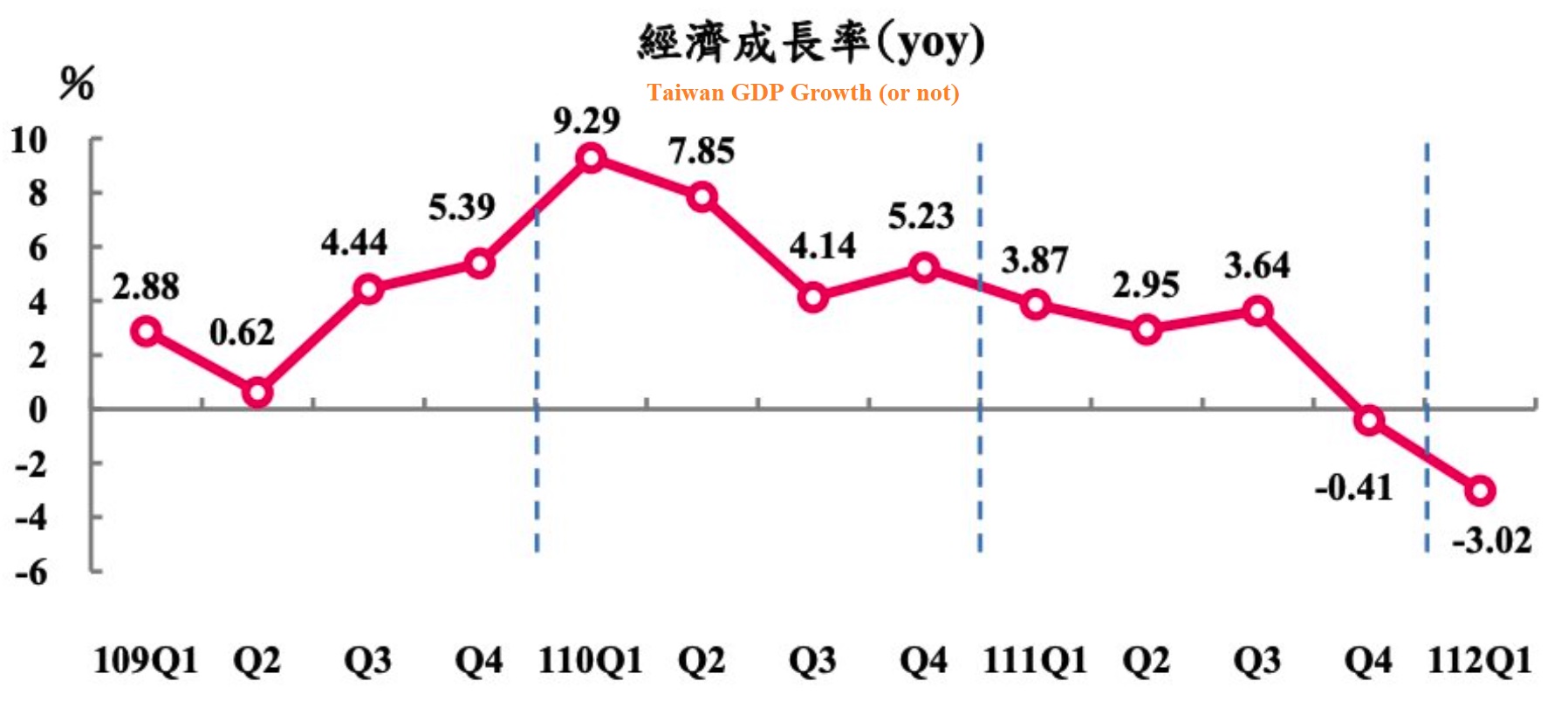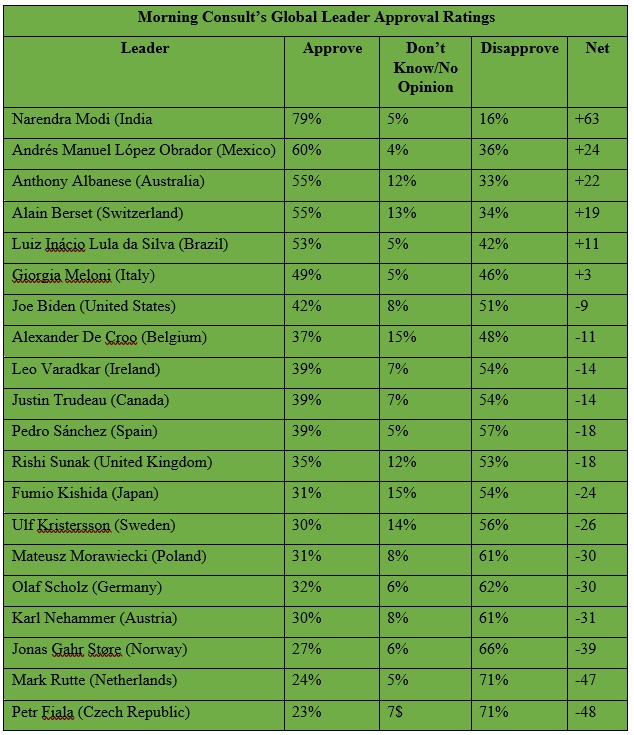We come to defend the spoon, a utensil deserving more credit than it receives. In America, the fork is top dog, used for all manner of entrees and appetizers and many desserts for that matter. When at a Chinese restaurant, many a customer when admitting they don’t know how to use chopsticks will ask the waitstaff for a fork. Forks need no praise, they are the go-to utensil for most of us. And yet we stand abridge the culinary world and yell, “Stop, consider the spoon.” It speaks ill of us that it took so many decades to realize the spoon is in most cases superior to the fork. It is certainly more versatile than the fork. Try using a fork to eat soup, for example. But with a spoon not only can you eat soup but also it is the superior tool for eating rice and most other dishes.
Even tuna fish salad, we have discovered. When we bring tuna salad with us on the road in a container, it’s difficult to impossible to scrape up the last remnants from the corners because of the straight-edge shape of the fork. But the spoon with its rounded edges reaches every last morsel. It is also the far superior mixer of the two utensils. It both scoops and blends as you stir a dish. We came to this realization a few year’s ago while making Annie’s Macaroni and Cheese (Annie’s, in our personal blind taste test with Kraft, came out on top–these things are important in our household—and yes, Annie, we accept advertisement dollars at INTN). And for the snobs among our readers, disdainful of our eating Annie’s, you could bring us the signature dish of the highest rated Michelin restaurant in the world and it wouldn’t taste better than a box of Annie’s Mac N Cheese.
As you rush to the store to buy a box, we whip up a recipe of Taiwan recession worries, add a dash of which country leader is most popular and taste the bitterness of the closing of the Chinese mind. It’s this week’s International Need to Know, celebrating the second week of Jazz Fest with Dr. John driving a different groove with the E Street Band from Jazz Fest 2012.
Bruce on the late, great Dr. John: “It’s all about that groove; we can’t make that groove exactly in New Jersey.”
Without further ado, here’s what you need to know.
Taiwan’s Recession
Everyone is paying attention to the military aspect of China’s efforts to retake Taiwan but it’s time to start examining the economic factors. Taiwan’s economy, as journalist James Chater points out, is now in a recession. Its economy has experienced negative growth in both of the last two quarters. Much of the global economy is sluggish but Taiwan is particularly susceptible right now because the U.S. and Europe have slowed, there is less demand for semiconductors and because Taiwan’s exports to China have decreased. China’s experiencing bounce back growth after ending its Zero Covid policy but China’s domestic demand is still not robust. And Taiwan’s economy is heavily intertwined with China’s. In fact, according to Chater, exports account for about 70 percent of Taiwan’s GDP. We have noted in the past that we expect China will attempt a variety of other methods to take over Taiwan before turning to the military option. Taiwan’s presidential election is next January. If its economy is still struggling, the Kuomintang, who are more favorably disposed to relations with China, may win the election. Ironically, China’s economic struggles might be helpful for having more influence in Taiwan.
Which Elected Leaders Are Popular?
It’s May 2023 and the U.S. Presidential election contest has begun, a mere year and a half ahead of the election, lasting way too long, a bit like the NBA regular season. Already we see people monitoring Biden’s approval ratings, but more interesting to us is a rating of a sampling of democratic countries’ elected leaders. Morning Consult tracks the approval ratings of 22 democracies and as you can see in their chart below, India’s Narendra Modi outpaces the other leaders with a 79 percent approval rating. You may be surprised by this if you read many Westerners’ complaints of Modi’s rule, including what his critics call anti-democratic impulses. The second-most popular leader among these 22 countries is Mexico’s Obrador. The top five most popular leaders all have over 50 percent approval ratings. Biden is below 50 percent but is number seven on this list. The lowest rated is Petr Fiala of the Czech Republic. We note that recently ascended Olaf Scholz in Germany is not too popular either. We’re not a big fan of some of the more popular leaders and share disapproval of some of the least popular leaders, but all politics are local so what we think isn’t very important.
China Corner: The Closing of the Chinese Mind
In recent years, China can sometimes feel like a larger, richer North Korea. This is an exaggeration, of course, since even today China is more open than the hermit kingdom but it continues to trend that way. In the last few weeks, China has passed amendments to its anti-espionage law that are stronger and vague enough to make many foreigners scared of traveling to China. And they have reason to be given recent arrests of foreign business people for espionage, including a Japanese businessman. And then there have been the recent raids on foreign businesses, including last week’s raid of Bain and Company. And then there’s the fact that “For the fourth consecutive year, the Chinese government continues to be the world’s largest jailer of writers,” according to PEN America. China has also cut off access to a range of data, including economic data. People ask whether the U.S. is trying to decouple from China but China has been decoupling from the world for years and is increasingly doing so.





